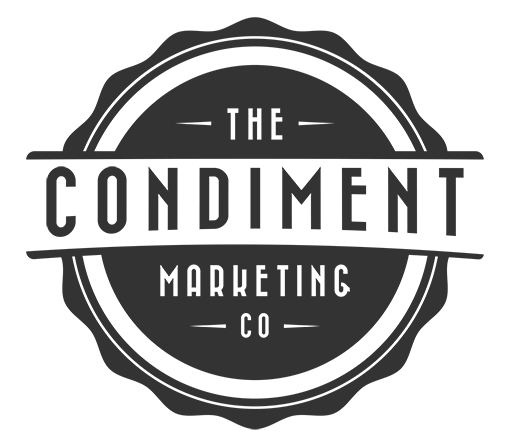When some people hear the word “blog,” they cringe a little. They might even roll their eyes and pick up their newspapers snapping the pages loudly so as not to hear you. Here are just a few things those blog naysayers might be caught repeating.
- I don’t understand blogs. Don’t these people have lives?
- My computer is old. I don’t even have the software to view a blog.
- Our customers don’t read blogs.
- I already have a Web site.
These same people spend time on the Internet to communicate with friends, check the traffic, go shopping, etc., and chances are that while they are searching the Internet trying their best to avoid blogs, they end up reading a blog without even realizing it.
Many Web sites are built using a blog platform (for example, built using WordPress), because blogs make it incredibly easy to create new content under one domain — the place you want people to visit online. A blog can be your Web site or it can be an addition to your Web site, whichever makes the most sense for your online marketing plan.
Either way, a blog is beneficial for search engine optimization purposes, since it allows you to easily create additional content for search engines to index. And the more content you have, the more opportunity customers have to find you. More importantly, by continually adding valuable content you will develop a following and strengthen your customer base over time.
Considering these two things, why wouldn’t you want a blog?
To avoid all the slack from those naysayers, consider a compromise by calling the blog something other than a blog. Here are a few examples of words that you could use instead:
- Information site
- News feed
- Updates page
- Media center
- Daily dose






The only reason I can think of for not wanting a blog is all the follow up! LOL. At my co-blog, there is a lot of traffic…
My co-blogger is keen on expanding it and attracting visitors. That is wonderful but also a lot of work.
I worry that I can’t get to everyone’s blog regularly enough. Yet if I were to visit each blog everyday… it would soon be a full time job!
So I think the lesson is pacing yourself or better yet… hiring the No. 2 Pen!! 🙂
April, you’re right. So much of blogging is about the relationship building aspect, which can be so time consuming. But its all worth it in the end. It’s really just about perspective.
All those blog naysayers excuses don’t even make sense.
It reminds me of Green Eggs and Ham. Try it! Try it! Sam I Am!!
I wouldn’t blog with a fox, I wouldn’t blog with a mouse, I wouldn’t blog with on a train, or in a house!
Excellent comparison. Too funny.